The betel nut, also known as Areca catechu, is a seed of the Areca palm tree that has been widely used in various cultures for centuries for its stimulant effects. It is a popular tradition in many parts of Asia, particularly in India, Bangladesh, Myanmar, and Sri Lanka, where it is commonly chewed for its stimulating properties and cultural significance. The betel nut itself is a small, hard seed that is usually wrapped in a betel leaf, slaked lime, and sometimes tobacco or other flavorings. When chewed, it produces a mild stimulant effect that is akin to consuming caffeine. This effect is due to the presence of arecoline, an alkaloid that acts on the central nervous system to produce feelings of alertness and well-being.
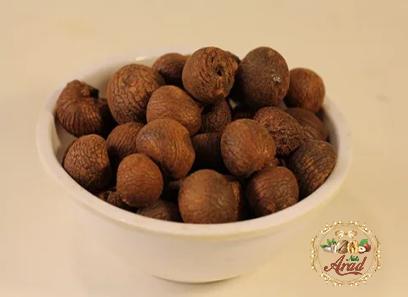
.
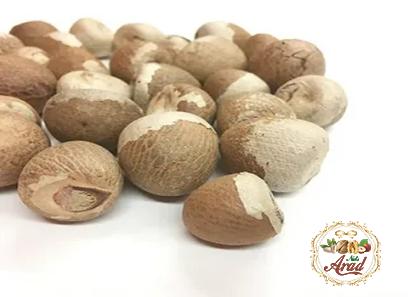 Although the stimulant effects of betel nut can be appealing to some, it is important to note that regular use can have harmful effects on health. Long-term use of betel nut has been linked to a variety of health issues, including oral cancers, gum disease, and other oral health problems. The arecoline in betel nut is also known to be addictive, and prolonged use can lead to dependency and withdrawal symptoms. Despite these potential risks, the cultural significance of betel nut chewing persists in many parts of Asia, where it continues to be a cherished tradition passed down through generations. For many, the act of chewing betel nut is not just about the stimulant effects, but also about connecting with one’s cultural roots and preserving traditional practices in a rapidly changing world.
Although the stimulant effects of betel nut can be appealing to some, it is important to note that regular use can have harmful effects on health. Long-term use of betel nut has been linked to a variety of health issues, including oral cancers, gum disease, and other oral health problems. The arecoline in betel nut is also known to be addictive, and prolonged use can lead to dependency and withdrawal symptoms. Despite these potential risks, the cultural significance of betel nut chewing persists in many parts of Asia, where it continues to be a cherished tradition passed down through generations. For many, the act of chewing betel nut is not just about the stimulant effects, but also about connecting with one’s cultural roots and preserving traditional practices in a rapidly changing world.
..
 Despite the centuries-old tradition of betel nut chewing and its medicinal properties, it is essential to acknowledge the potential health risks associated with its use. The World Health Organization has classified betel nut as a Group 1 carcinogen, highlighting its role in the development of oral cancers and other health issues. Prolonged and excessive consumption of betel nut can have detrimental effects on overall health, particularly oral health. In recent years, efforts have been made to raise awareness about the health risks of betel nut consumption and to promote safer alternatives. Some communities are exploring substitutes for betel nut that offer similar social and cultural benefits without the associated health risks. These alternatives include herbal mixtures, flavored chewing gums, and other stimulants that do not pose the same health hazards as betel nut.
Despite the centuries-old tradition of betel nut chewing and its medicinal properties, it is essential to acknowledge the potential health risks associated with its use. The World Health Organization has classified betel nut as a Group 1 carcinogen, highlighting its role in the development of oral cancers and other health issues. Prolonged and excessive consumption of betel nut can have detrimental effects on overall health, particularly oral health. In recent years, efforts have been made to raise awareness about the health risks of betel nut consumption and to promote safer alternatives. Some communities are exploring substitutes for betel nut that offer similar social and cultural benefits without the associated health risks. These alternatives include herbal mixtures, flavored chewing gums, and other stimulants that do not pose the same health hazards as betel nut.
…
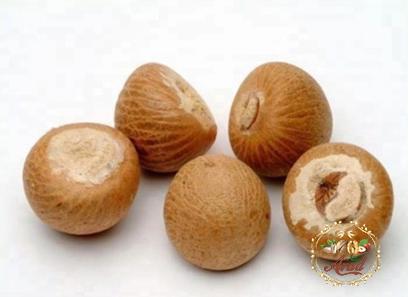 In conclusion, the story of betel nut is one of rich cultural heritage, medicinal tradition, and evolving perspectives on health. Its enduring popularity and significance in many Asian cultures offer a window into the complexities of human connection, tradition, and the ways in which plants have shaped our lives and societies. By embracing the cultural legacy of betel nut while acknowledging its health risks, we can honor the traditions of the past while charting a path towards a healthier and more sustainable future.
In conclusion, the story of betel nut is one of rich cultural heritage, medicinal tradition, and evolving perspectives on health. Its enduring popularity and significance in many Asian cultures offer a window into the complexities of human connection, tradition, and the ways in which plants have shaped our lives and societies. By embracing the cultural legacy of betel nut while acknowledging its health risks, we can honor the traditions of the past while charting a path towards a healthier and more sustainable future.







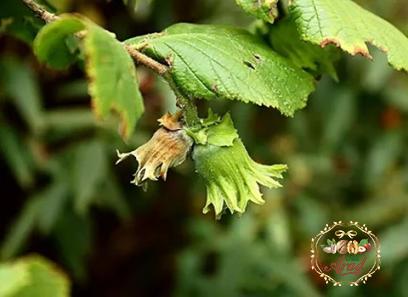
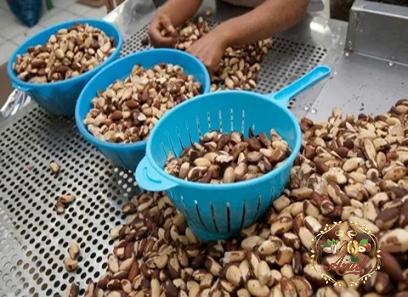

Your comment submitted.